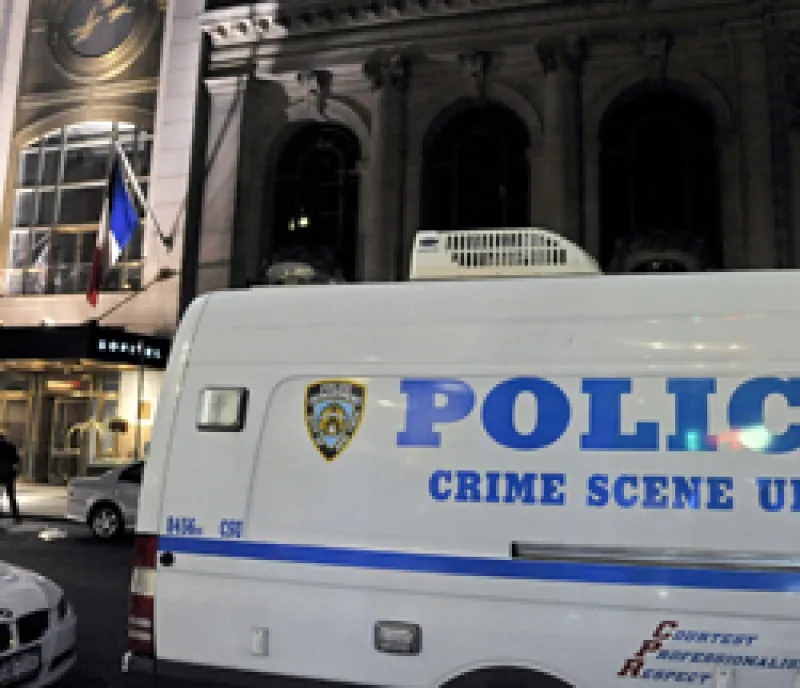
Strauss-Kahn's Arrest Prompts Further Accusations
The arrest of IMF director Dominique Strauss-Kahn on charges of assault, attempted rape and unlawful imprisonment of a chambermaid in a $3,000 a night Sofitel suite in New York was sufficient to shock the sensibilities of even the most jaded observers. But it is not the first time Strauss-Kahn has faced such serious accusations.
Steve Rosenbush
May 16, 2011


